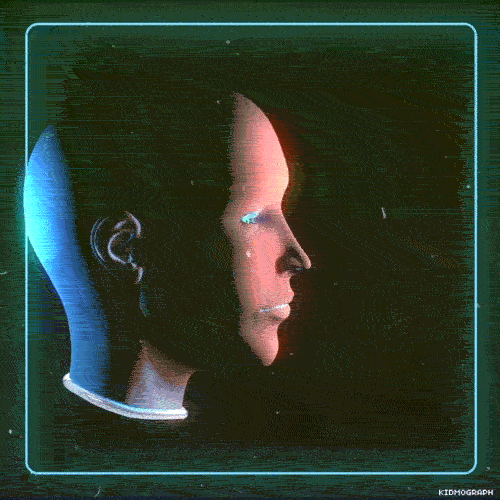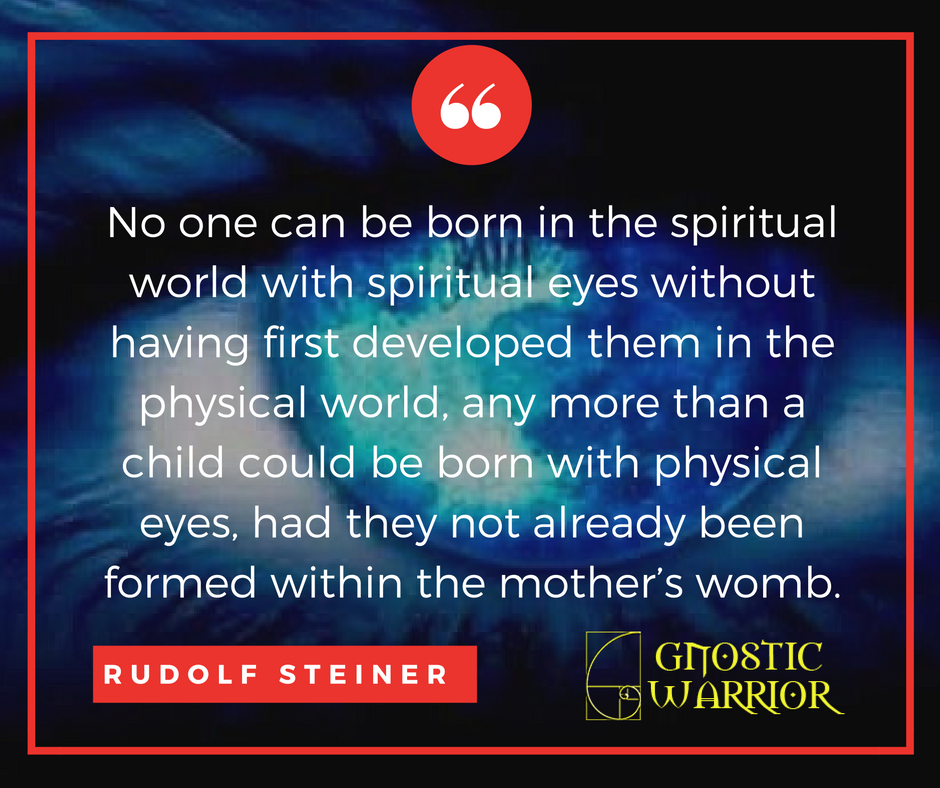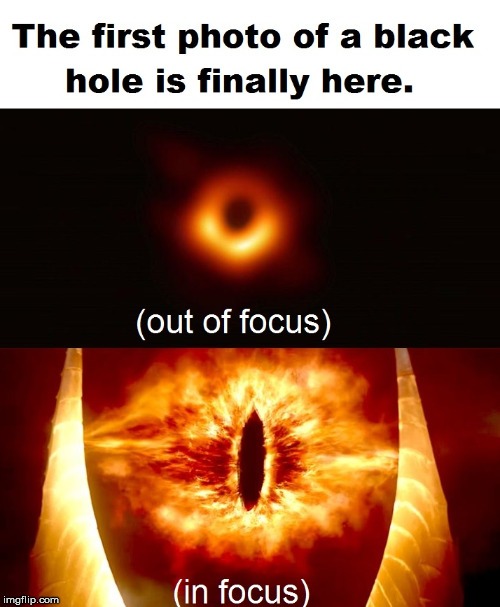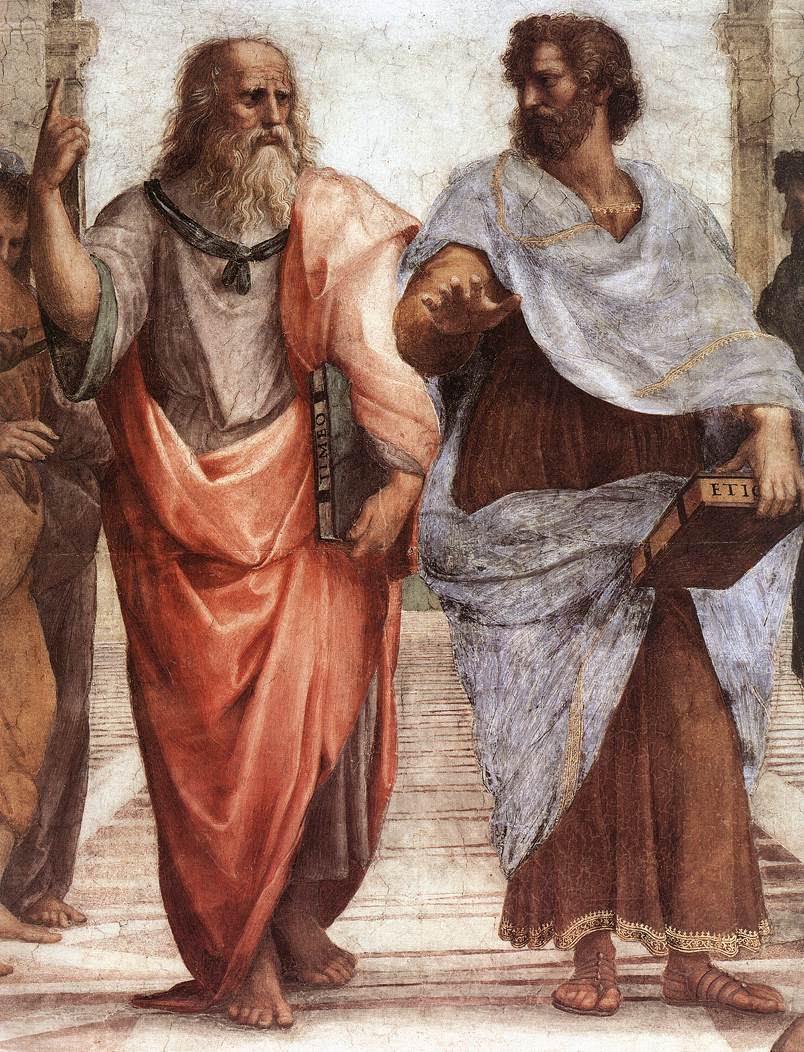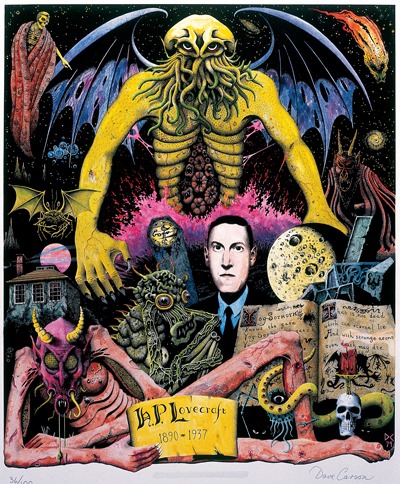According to Demokritus, the soul results from the aggregation of atoms, and Plutarch describes his philosophy as follows: “That there are substances infinite in number, indivisible, undisturbed, which are without differences, without qualities, and which move in space, where they are disseminated; that when they approach each other, they unite, interlock, and form by their aggregation water, fire, a
plant, or a man. That all these substances, which he calls atoms by reason of their solidity, can experience neither change nor alteration. But,” adds Plutarch, “we cannot make a color of that which is colorless, nor a substance or soul of that which is without soul and without quality.” Professor Balfour Stewart says that this doctrine, in the hands of John Dalton, “has enabled the human mind to lay hold of the laws which regulate chemical changes, as well as to picture to itself what is there taking place.” After quoting, with approbation, Bacon’s idea that men are perpetually investigating the extreme limits of nature, he then erects a standard which he and his brother philosophers would do well to measure their behavior by. “Surely we ought,” says he, “to be very cautious before we dismiss any branch of knowledge or train of thought as essentially unprofitable.”
Brave words, these. But how many are the men of science who put them into practice?
Page 402
Demokritus of Abdera shows us space crammed with atoms, and our contemporary astronomers allow us to see how these atoms form into worlds, and afterward into the races, our own included, which people them. Since we have indicated the existence of a power in the human will, which, by concentrating currents of those atoms upon an objective point, can create a child corresponding to the mother’s fancy, why is it not perfectly credible that this same power put forth by the mother, can, by an intense, albeit unconscious reversal of those currents, dissipate and obliterate any portion or even the whole of the body of her unborn child? And here comes in the question of false pregnancies, which have so often completely puzzled both physician and patient. If the head, arm, and hand of the three children mentioned by Van Helmont could disappear, as a result of the emotion of horror, why might not the same or some other emotion, excited in a like degree, cause the entire extinction of the foetus in so-called false pregnancy? Such cases are rare, but they do occur, and moreover baffle science completely. There certainly is no chemical solvent in the mother’s circulation powerful enough to dissolve her child, without destroying herself. We commend the subject to the medical profession, hoping that as a class they will not adopt the conclusion of Fournie, who says: “In this succession of phenomena we must confine ourselves to the office of historian, as we have not even tried to explain the whys and wherefores of these things, for there lie the inscrutable mysteries of life, and in proportion as we advance in our exposition, we will be obliged to recognize that this is to us forbidden ground.”
Within the limits of his intellectual capabilities the true philosopher knows no forbidden ground, and should be content to accept no mystery of nature as inscrutable or inviolable.
No student of Hermetic philosophy, nor any spiritualist, will object to the abstract principle laid down by Hume that a miracle is impossible; for to suppose such a possibility would make the universe governed through special instead of general laws. This is one of the fundamental contradictions between science and theology. The former, reasoning upon universal experience, maintains that there is a general uniformity of the course of nature, while the latter assumes that the Governing Mind can be invoked to suspend general law to suit special emergencies. Says John Stuart Mill, “If we do not already believe in supernatural agencies, no miracle can prove to us their existence. The miracle itself, considered merely as an extraordinary fact, may be satisfactorily certified by our senses or by testimony; but nothing can ever prove that it is a miracle.
Page 403
There is still another possible hypothesis, that of its being the result of some unknown natural cause; and this possibility cannot be so completely shut out as to leave no alternative but that of admitting the existence and intervention of a being superior to nature.”

Moe is the founder of GnosticWarrior.com. He is a father, husband, author, martial arts black belt, and an expert in Gnosticism, the occult, and esotericism.


